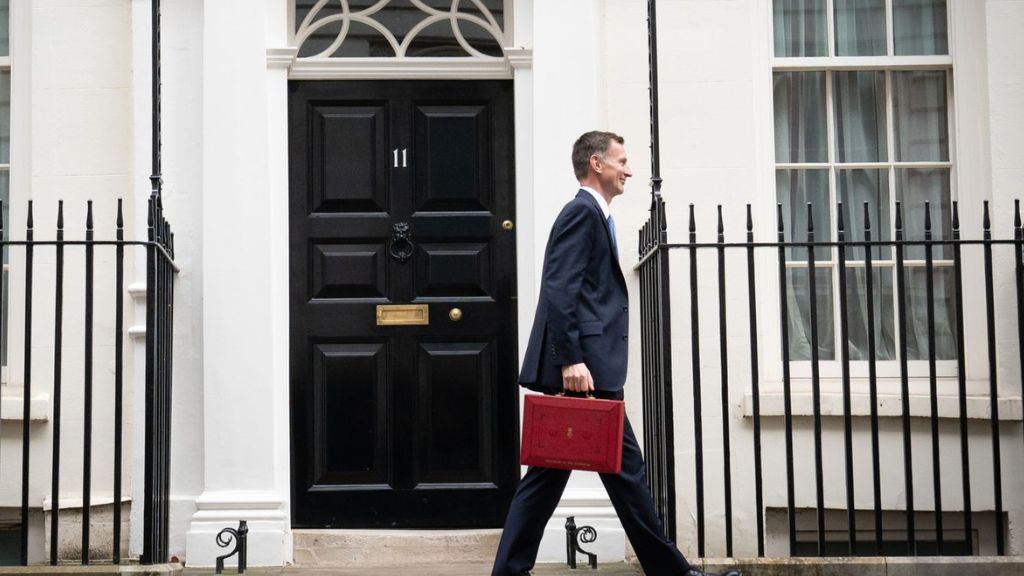The Autumn Statement 2023
Head of Tax, Mark Routen, had this to say about the updated Autumn Statement 2023:
Chancellor Jeremy Hunt (pictured below) has unveiled the contents of his Autumn Statement in the House of Commons. The announcement shows a shift towards encouraging growth and offers some tax incentives and cuts to prompt growth. He says he can do this as inflation is now down to less than 50% of its high point, and borrowing costs are less than forecast by the office for budget responsibility.

Personal taxes
-
Proposals here, are to make work pay and provide incentives to get into work and measures to make it harder to avoid work going forward.
-
Giving opportunity rather than money. For example, free childcare.
-
Moreover, low pay has been addressed by the increase in the national living wage to £11.44 per hour.
There are high taxes on salaries when tax and national insurance are added together, so the primary rate of national insurance has been cut from 12% to 10%.
- This will apply from January 6th, not the start of the new tax year.
There was an expectation that changes would be made to inheritance tax. Maybe even its abolition. However, this was unlikely at this stage, and it is expected that more will be heard in this area in the Spring Budget, closer to the election.
ISAs also carried some expectation that the limits may be increased, but again, this will probably be saved for the budget.
The triple lock was not touched on and remains intact this sees the state pension increase by some 8.5% this year. This means an increase to £221.20 per week for most pensioners.
As expected, the changes to taxation were minor, as the Chancellor is looking to save these for the spring budget to help with the election polls so that the changes can be more significant. The freezing of the personal allowances will drag more taxpayers into higher rate bands and, over several years, will raise the equivalent of a sixpence in the pound tax rise.
Corporate Taxes
‘110 measures’ to encourage growth, including levelling up the impact, should raise investment and growth and not impact inflation. The main tax-related headlines are:
-
Businesses welcome the ‘full expensing‘ measure as it allows them to continue to write in full each year the amount they spend on capital equipment. It is hoped that this will encourage growth as expenditure increases but should impact too highly on inflation.
-
The extension of the business rates relief for the hospitality and retail sectors will also be very welcome, as with the cost-of-living crisis, they need all the help they can get. As will the freeze on other duties relating to alcohol.
-
Self-employed people will also benefit from the abolition of class 2 national insurance and the reduction of class 4 national insurance is reduced from 9% to 8%.
-
Pension funds are to be allowed to invest more into growing businesses to use these funds to drive growth. Moreover, employers must pay into an employee’s pension, so people should only have one pot rather than several.
-
R and D tax relief will be reformed to allow loss-making companies to claim more refunds for losses.
For more tax information or to speak to a tax or investment specialist, get in touch today.
About Author
How can we help you?
If you would like to speak to one of our advisers, please get in touch today.


